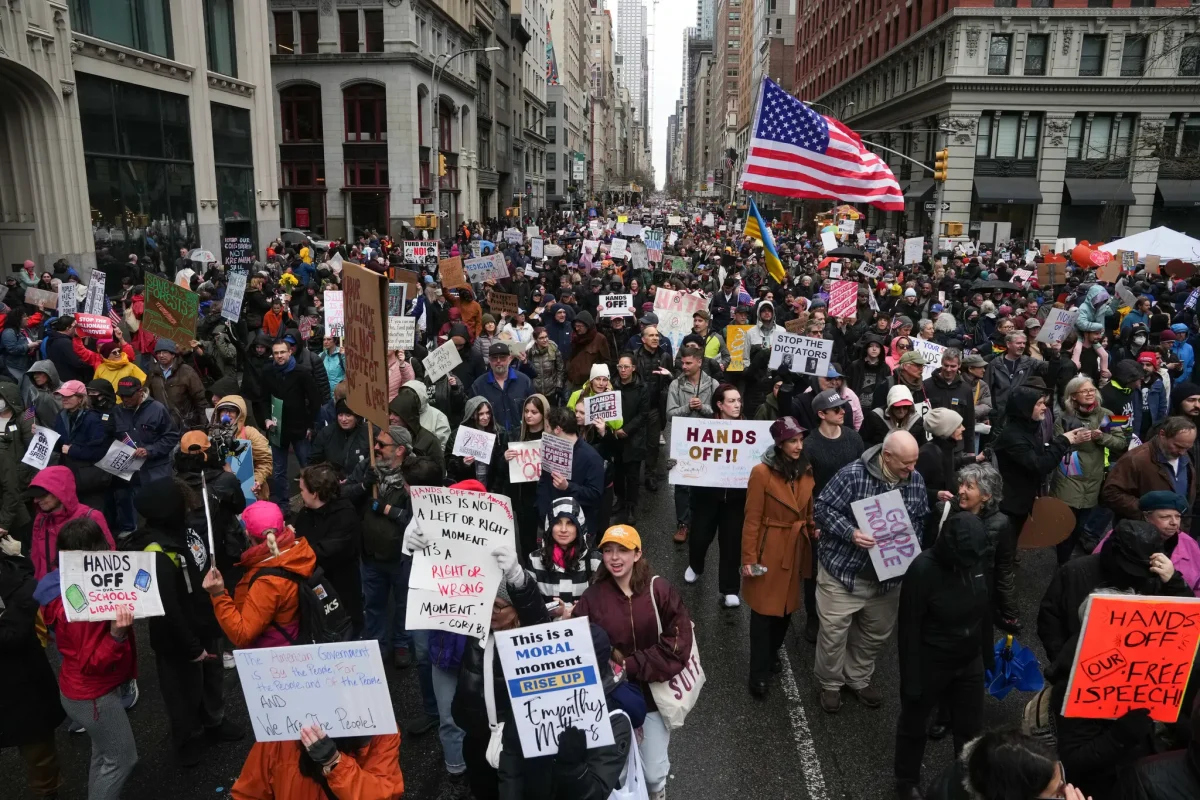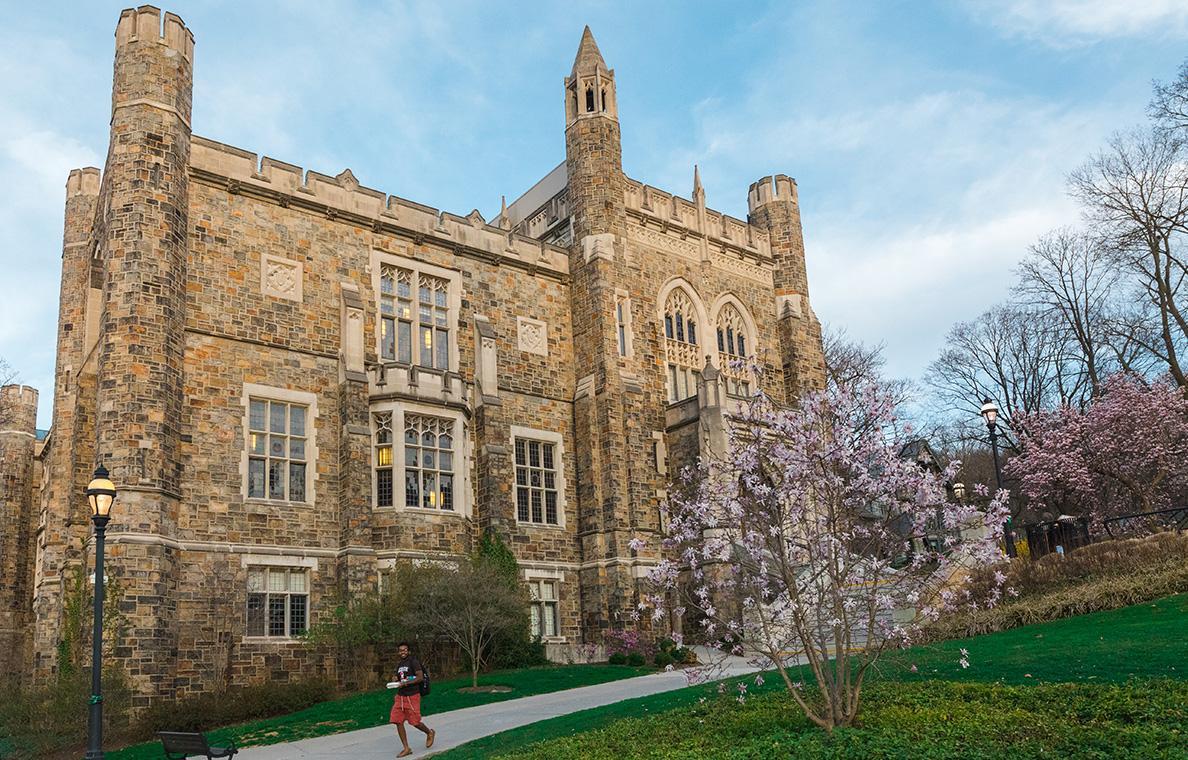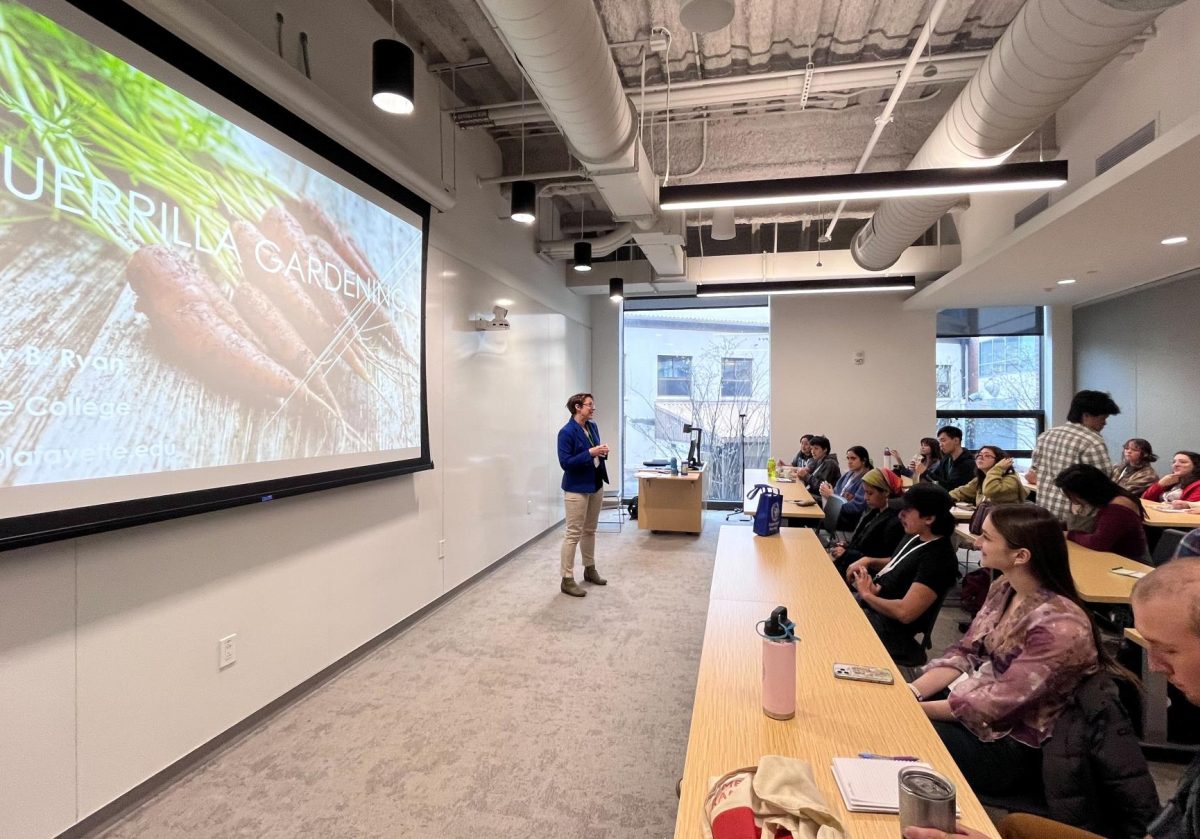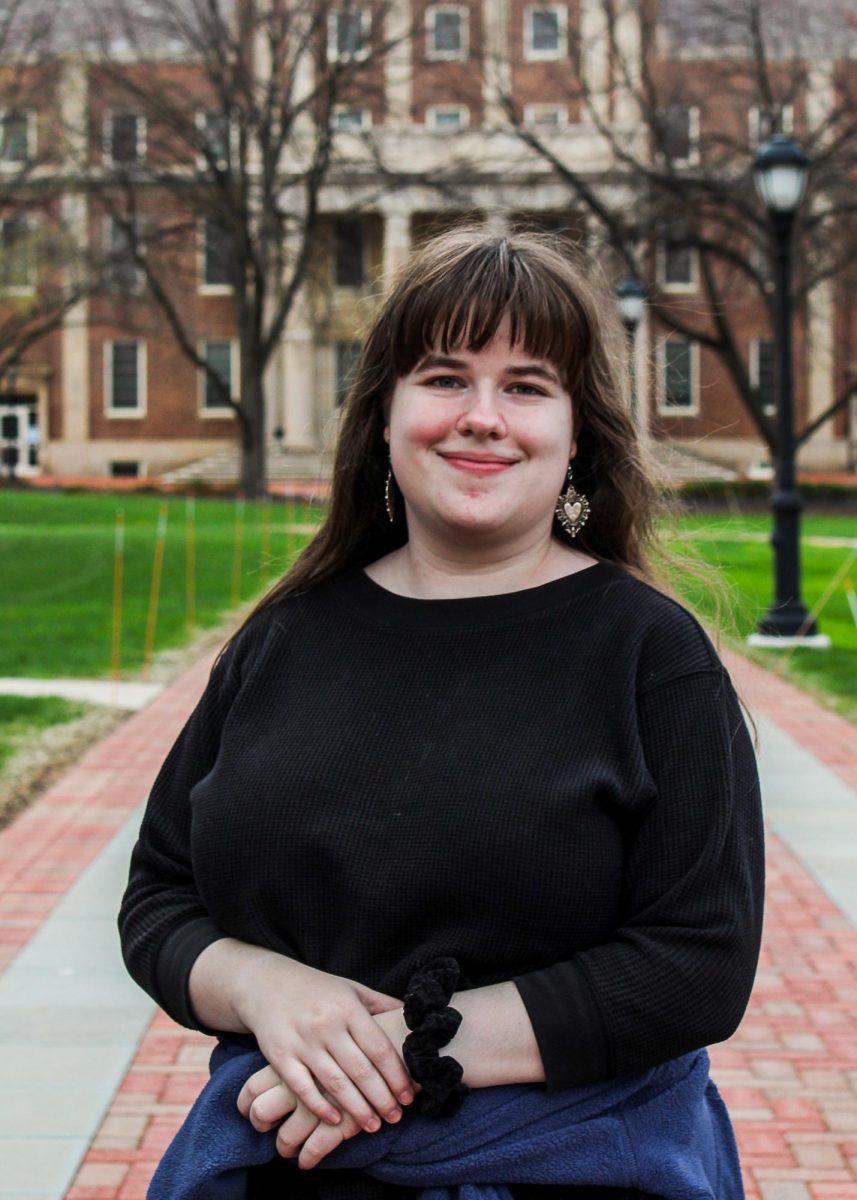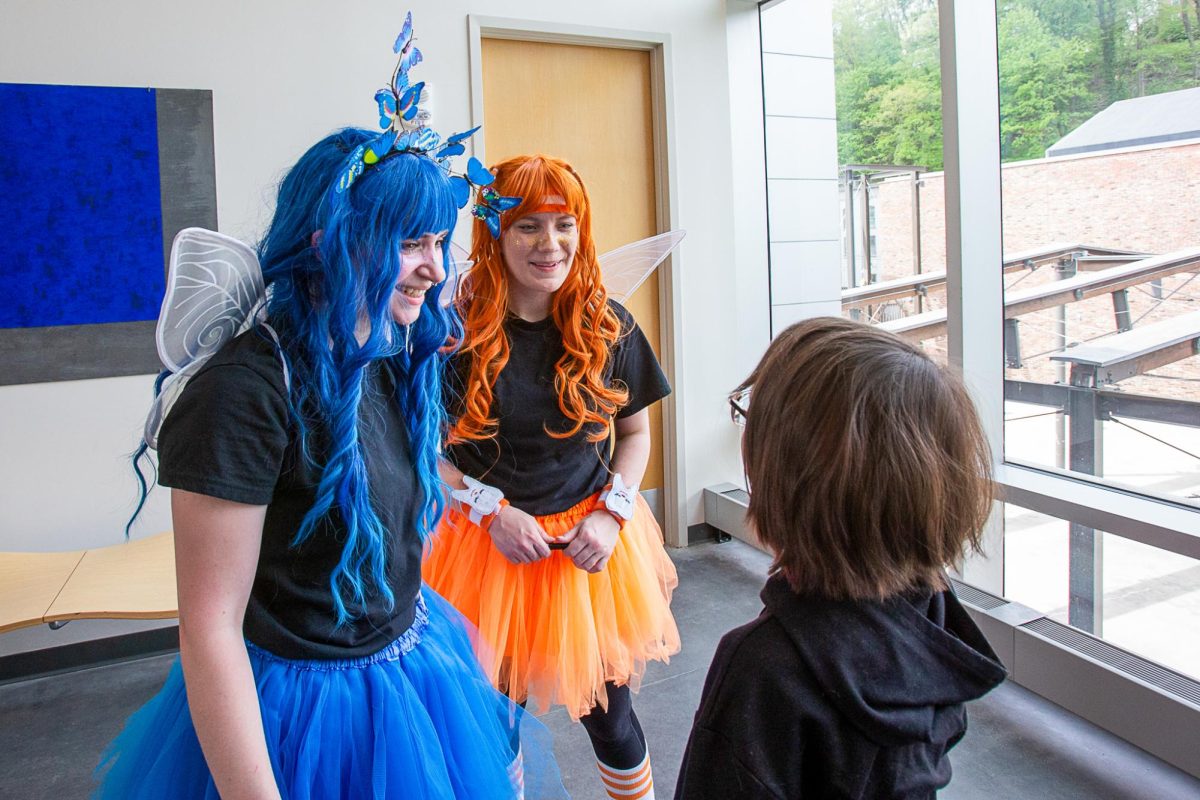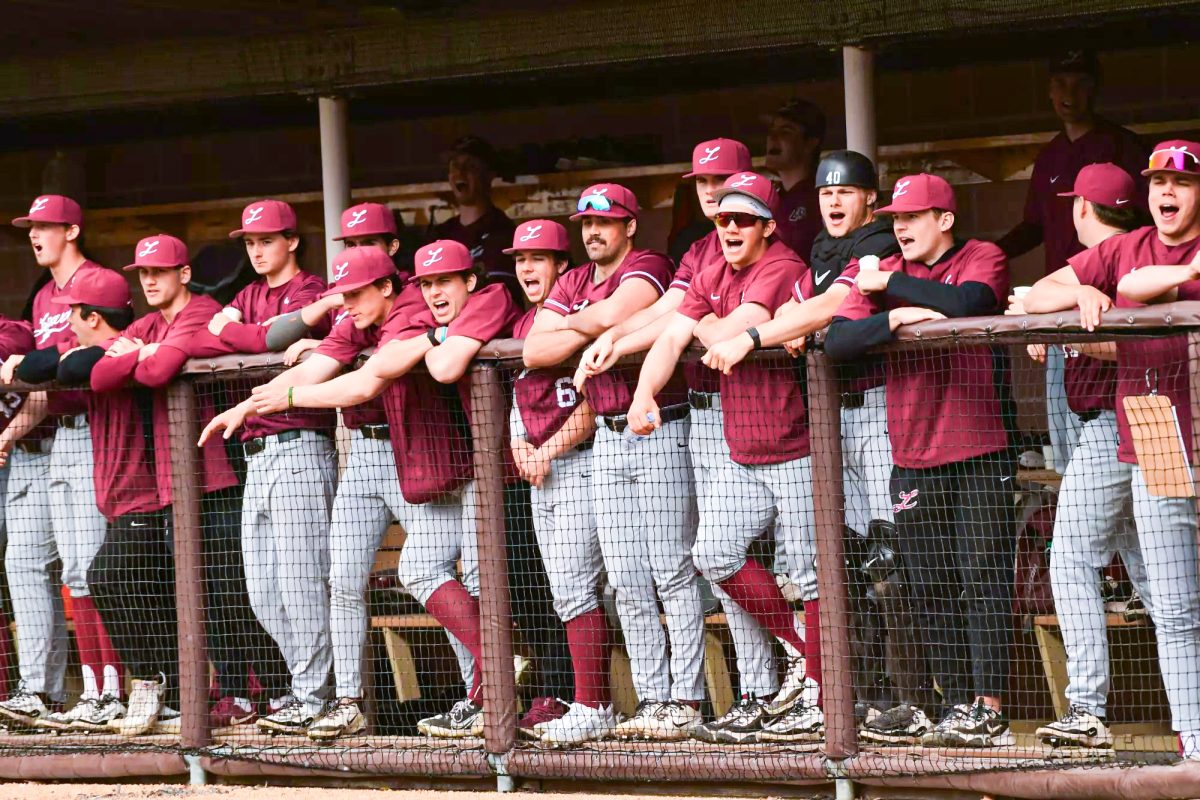Lafayette College named MK Asante ’04 as its 190th commencement speaker on Friday, marking the fifth consecutive alumnus of the college chosen to speak to Lafayette’s graduating class.
The majority of the college’s commencement speakers over the past 40 years, according to an analysis by The Lafayette, are not alumni, and around half of the past 41 commencement speakers during that time — including Asante — originate from arts and humanities fields. The Lafayette broke down the numbers of the last 40 years of commencement speakers, covering the data, trends and two controversial speakers.
Inside the numbers
All four commencement speakers under college President Nicole Hurd’s tenure have been alumni: Chip Bergh ‘79, Beth Mowins ‘89, Amy Herman ‘88 and Asante. Before Hurd took office, only two of the previous 37 commencement speakers were alumni. Both Marcia Bloom Bernicat ‘75 and Yolanda Wisher ‘98 spoke under former Lafayette President Allison Byerly.
Hurd said that she did not purposely look for an alumni speaker in her first year, but it’s become a characteristic her committee now seeks.
“Bringing them back allows them to see that continual evolution here, and having you see them inspires you to what the evolution you’re about to journey on after you graduate,” she said.
The Lafayette found that 20 of the past 41 commencement speakers were from arts and humanities industries, with the subjects in the category including novelists, artists and actors. No field of study was more popular than journalism: seven of the 21 arts and humanities speakers are current or former journalists.
Only two of the 41 speakers were concentrated in STEM, including the virtual commencement speaker in 2020, ethologist Temple Grandin. The other speaker, referred to as “the world’s foremost explorer and champion of the underwater world” by the 1991 college commencement program, was Jacques Cousteau.
Daniel Weiss, the 16th president of Lafayette from 2005 to 2013, said his commencement selection committees frequently looked holistically at “people who would have something of interest to say to the students and who represented the qualities that mattered to us at the college.”
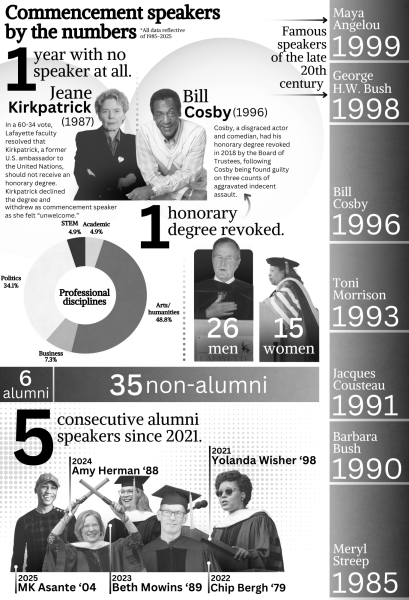
“It was always an interesting collaborative process,” he continued. “We have groups of students, and we got advice from students and faculty and staff and then we tried to find people who fit the bill, who were available on that particular day and time.”
Byerly, the college’s 17th president, wrote in an email that “many colleges invite distinguished alumni as Commencement speakers at least occasionally, both because it is a good way to highlight the success of your graduates, and because alumni are often more likely to accept your invitation.”
Byerly added that because commencement speakers are expected to “make remarks of general interest to a broad audience,” speakers who are experienced communicators tend to be popular choices.
Famous guests, a now-controversial speaker and a year with no speaker at all
Some of the non-alumni speakers are known for international fame. Meryl Streep, after winning multiple Academy Awards, spoke at Lafayette in 1985. Renowned author Toni Morrison spoke at the college in 1993 and poet Maya Angelou spoke in 1999. Ben Carson, who served in President Donald Trump’s cabinet during his first term, was the commencement speaker in 2009.
Since 1985, no commencement speaker was as well known as George H.W. Bush, the 41st president of the United States. Bush, who spoke at the 163rd commencement in 1998, acknowledged in his speech that he played against Lafayette as a captain of the Yale University baseball team in 1948.
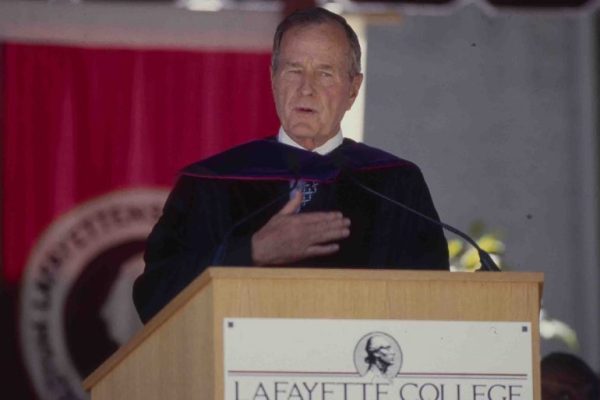
“Are you going to simply say, ‘Politics is lousy,’ as you sit whining on the sidelines, or are you going to serve society, and in some way, serve your country?” Bush asked in his speech.
Bush’s wife, former First Lady Barbara Bush, was also a Lafayette commencement speaker in 1990.
Two of the 40 commencement speakers were controversial figures, and one of them did not speak at the college at all.
In 1996, actor and comedian Bill Cosby was selected as Lafayette’s commencement speaker. He was described in that year’s commencement program as a “world-renowned actor and entertainer who has used comedy as an educational tool to teach tolerance, family values, and a love of learning.”
22 years later, Cosby was accused of sexual assault and convicted of aggravated indecent assault, sparking Lafayette’s Board of Trustees to revoke his honorary degree. It is common practice for commencement speakers to get an honorary degree, according to Lafayette’s honorary degree guidelines.
The college’s 1987 commencement speaker was supposed to be Jeane Kirkpatrick, the former U.S. Ambassador to the United Nations who worked with Ronald Reagan. Kirkpatrick was known for her controversial rhetoric on foreign policy, and when she was announced as the speaker, a campus outcry ensued.
According to an op-ed in the Express-Times, saved in the college’s archives, some students signed a petition stating they would wear armbands in protest of Kirkpatrick’s appearance, while a group of seniors agreed to leave their seats during her address.
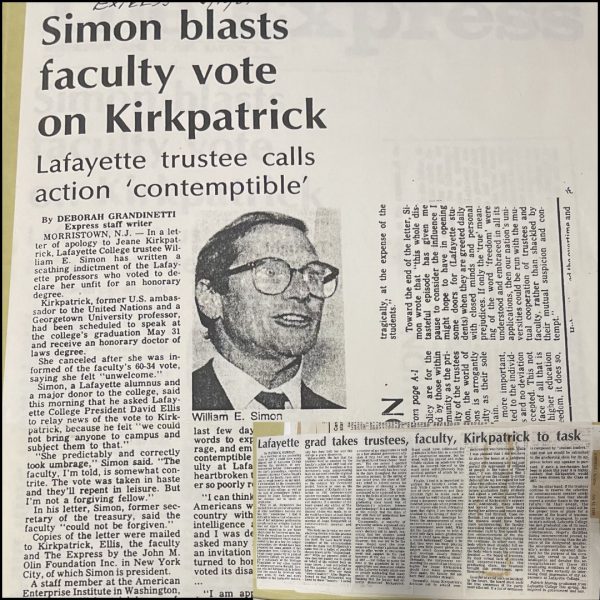
Just three days before Kirkpatrick was slated to speak at the college, the faculty voted 60-34 to declare that she was not an “appropriate recipient” of an honorary degree. Kirkpatrick quickly withdrew her spot as commencement speaker, claiming she didn’t “feel welcome.”
Kirkpatrick was still listed on the 1987 commencement program as a speaker.
One trustee, William Simon ‘52, wrote a letter to Kirkpatrick saying, “I have struggled in vain over the last few days to find the right words to express my shock, outrage, and embarrassment over the contemptible behavior of the faculty at Lafayette College,” according to an article by The Express-Times.


